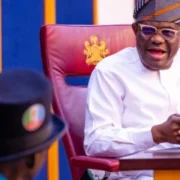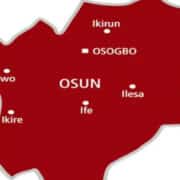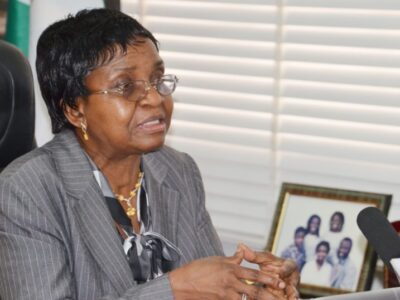Former Kaduna State Governor and chieftain of the African Democratic Congress (ADC), Mallam Nasir el-Rufai, has ignited a heated political debate after alleging that President Bola Ahmed Tinubu may attempt to rule Nigeria for life, drawing parallels with Cameroon’s Paul Biya.
El-Rufai, in a strongly worded statement, urged Nigerians to rise above ethnic, religious and political divisions to safeguard democracy, accusing Tinubu of betraying his long-standing pro-democracy image by centralising power at the federal level.
“All those years when you heard him saying he was fighting for democracy and federalism were fake. What we are seeing today is a government that wants to centralise everything. If Nigerians don’t unite to stop him in 2027, Tinubu will try to be president for life,” el-Rufai declared.
Presidency, APC Dismiss Claims as ‘Baseless’
The Presidency swiftly dismissed the warning, branding it as “panic-driven propaganda.”
Special Adviser to the President on Information and Strategy, Bayo Onanuga, described the allegation as baseless, insisting Tinubu remains a committed democrat who respects Nigeria’s two-term constitutional limit.
“President Tinubu is a democrat who does not intend to stay in office beyond May 28, 2031, when re-elected in 2027,” Onanuga wrote on X.
He accused el-Rufai of political frustration, citing the President’s recent rousing reception in Kaduna as proof of his growing support in the North.
Similarly, the Lagos APC described el-Rufai’s comments as “mischievous and reckless.” Party spokesman, Seye Oladejo, highlighted Tinubu’s pro-democracy struggles with NADECO in the 1990s, stressing that Tinubu had consistently defended constitutionalism and opposed tenure elongation by past leaders.
“To now suggest that the same man who resisted tyranny is scheming to perpetuate himself in office is both laughable and shameful,” Oladejo said.
Analysts, Citizens Back el-Rufai
Despite the denials, many Nigerians and analysts believe el-Rufai has raised valid concerns.
Dr. Sabiu Ibrahim, an educationist in Katsina, argued that both the National Assembly and judiciary have been weakened under Tinubu, suggesting they could easily rubber-stamp any attempt to extend his rule.
Lagos-based lawyer, Kayode Adenuga, echoed similar fears, warning that rising hardship, weakened opposition, and public silence amid economic pain show Nigerians may have been “captured.”
Businessman Anthony Chidiebere described el-Rufai’s outburst as “the truth many are afraid to say,” urging Nigerians to prevent “the Cameroonian experience” from taking root.
Counterpoint: Tinubu Has Decentralised Too
Not everyone agrees with el-Rufai’s centralisation charge. Social scientist Clement Olaniyi pointed to Tinubu’s support for local government autonomy and state police as evidence that he is not hoarding power at the centre.
“Tinubu has championed local government independence and supported state police. That cannot be the character of someone seeking to centralise everything. But he must allow opposition parties to breathe for democracy to remain healthy,” Olaniyi noted.
While the Presidency insists President Tinubu will leave power in 2031, el-Rufai’s warning has opened a fresh debate about Nigeria’s democratic future.
To some, it is the rant of a disgruntled politician. To others, it is a red flag that must not be ignored.




















Comments